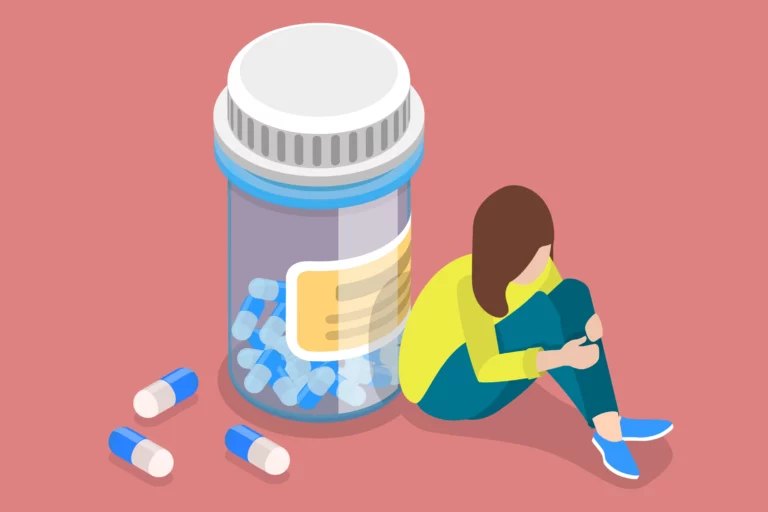Why Nutrition in Recovery is Essential
Intro To Nutrition in Recovery
Undertaking the journey of addiction recovery demands a comprehensive approach that addresses not only the psychological and emotional aspects but also the physical well-being. While therapy and support groups are integral, the role of nutrition in recovery in this process cannot be overstated. Let’s dive into how dietary choices can significantly impact recovery outcomes.
Fueling the Body, Nurturing the Mind
Nutrition serves as the cornerstone of physical health, providing the body with essential nutrients needed for optimal functioning. In the context of addiction recovery, a well-balanced diet becomes even more crucial as the body undergoes a process of profound healing, seeking to repair the damage inflicted by prolonged substance abuse. During this critical period, the body’s nutritional needs are heightened, necessitating a comprehensive approach to dietary choices. By prioritizing nutrient-rich foods that nourish the body and support its natural detoxification processes, individuals in recovery can accelerate their healing journey and lay a foundation for sustained wellness and sobriety.
Restoring Nutrient Deficiencies After Detox
Prolonged substance abuse often depletes the body of vital nutrients, leading to a wide range of physical and mental health complications. During detoxification, the body’s demand for essential nutrients increases as it works to repair damage and restore balance. Adequate nutrition plays a critical role in replenishing these deficiencies, supporting the body’s natural healing processes, and enhancing overall vitality.
Key Nutrients to Focus On
- Vitamins:
- Vitamin B Complex: Essential for energy production, brain function, and nerve health, often depleted by alcohol and drug abuse.
- Vitamin C: Supports the immune system, acts as an antioxidant, and aids in tissue repair.
- Vitamin D: Critical for bone health, mood stabilization, and immune function, often lacking due to poor dietary intake or reduced sunlight exposure.
- Minerals:
- Magnesium: Helps reduce anxiety, improve sleep, and support muscle and nerve function.
- Zinc: Vital for immune health, wound healing, and cellular repair.
- Iron: Prevents fatigue and supports oxygen transport in the blood.
- Amino Acids:
- L-Glutamine: Aids in gut repair, immune function, and reducing sugar cravings.
- Tyrosine and Tryptophan: Precursors for neurotransmitters like dopamine and serotonin, supporting mood and cognitive function.
- Essential Fatty Acids:
- Omega-3 fatty acids found in fish oil or flaxseed oil help reduce inflammation, support brain health, and improve mood.
- Antioxidants:
- Combat oxidative stress caused by substance abuse, supporting cellular repair and longevity. Sources include berries, green tea, and dark leafy greens.
Dietary Strategies for Recovery
- Whole Foods-Based Diet: Prioritize nutrient-dense, minimally processed foods such as vegetables, fruits, whole grains, lean proteins, nuts, and seeds.
- Hydration: Replenish lost fluids and support detox processes by drinking plenty of water, herbal teas, and electrolyte-rich beverages.
- Small, Frequent Meals: Help stabilize blood sugar levels and support a consistent energy supply throughout the day.
Supplements for Recovery
While a balanced diet is the foundation, supplements can help bridge gaps in nutrient intake during the initial stages of recovery:
- Multivitamins: Ensure comprehensive nutrient support.
- Probiotics: Promote gut health and improve nutrient absorption.
- Adaptogenic Herbs: Such as ashwagandha or rhodiola, to help reduce stress and improve resilience.
Lifestyle Factors
- Regular Physical Activity: Enhances circulation, supports detoxification, and boosts endorphins.
- Sleep Optimization: Focus on restoring sleep patterns, as quality rest is vital for the body’s repair processes.
- Mindful Eating: Develop a healthy relationship with food by practicing mindfulness during meals and focusing on nourishment rather than restriction.
Seeking Professional Guidance
Working with a registered dietitian or a nutritionist specializing in recovery can provide personalized dietary strategies to address individual needs. Laboratory tests to identify specific deficiencies can also ensure targeted supplementation and treatment.
Managing Withdrawal Symptoms and Cravings
Certain nutrients, such as protein, complex carbohydrates, and healthy fats, play pivotal roles in stabilizing blood sugar levels and optimizing neurotransmitter function within the brain. By ensuring adequate intake of these essential nutrients, individuals in recovery can promote greater stability in brain chemistry, which in turn can help mitigate cravings and alleviate withdrawal symptoms, rendering the recovery journey more manageable and sustainable. This stabilization of brain chemistry facilitates a smoother transition through the challenging phases of recovery, empowering individuals to navigate the process with greater resilience and determination. Moreover, the benefits extend beyond mere symptom management, fostering a foundation of physiological equilibrium that supports long-term sobriety and overall well-being.

Boosting Mood and Mental Health
The gut-brain connection is a well-established phenomenon, with emerging research highlighting the impact of gut health on mood regulation and mental well-being. By consuming nutrient-dense foods that support gut health, individuals in recovery can experience improved mood, enhanced cognitive function, and reduced risk of relapse.
Empowering Long-Term Wellness
Beyond the immediate benefits during the recovery process, adopting a nutritious diet sets the foundation for long-term wellness and sobriety. By cultivating healthy eating habits and lifestyle choices, individuals can strengthen their resilience against triggers and setbacks, ultimately safeguarding their sobriety for years to come.
Nutrition After Addiction Recovery
As we navigate the complexities of addiction recovery, it’s crucial not to overlook the profound impact of nutrition after addiction recovery. By prioritizing foods rich in nutrients that support both our bodies and minds, we can empower ourselves on the journey to sobriety and long-term wellness. Remember, every meal presents an opportunity to fuel our recovery journey and embrace a brighter, healthier future.

Connect With Us Now
Reach out to us now for immediate support, or let us know the best time to contact you through our confidential callback service. Your journey to healing is just a conversation away.









